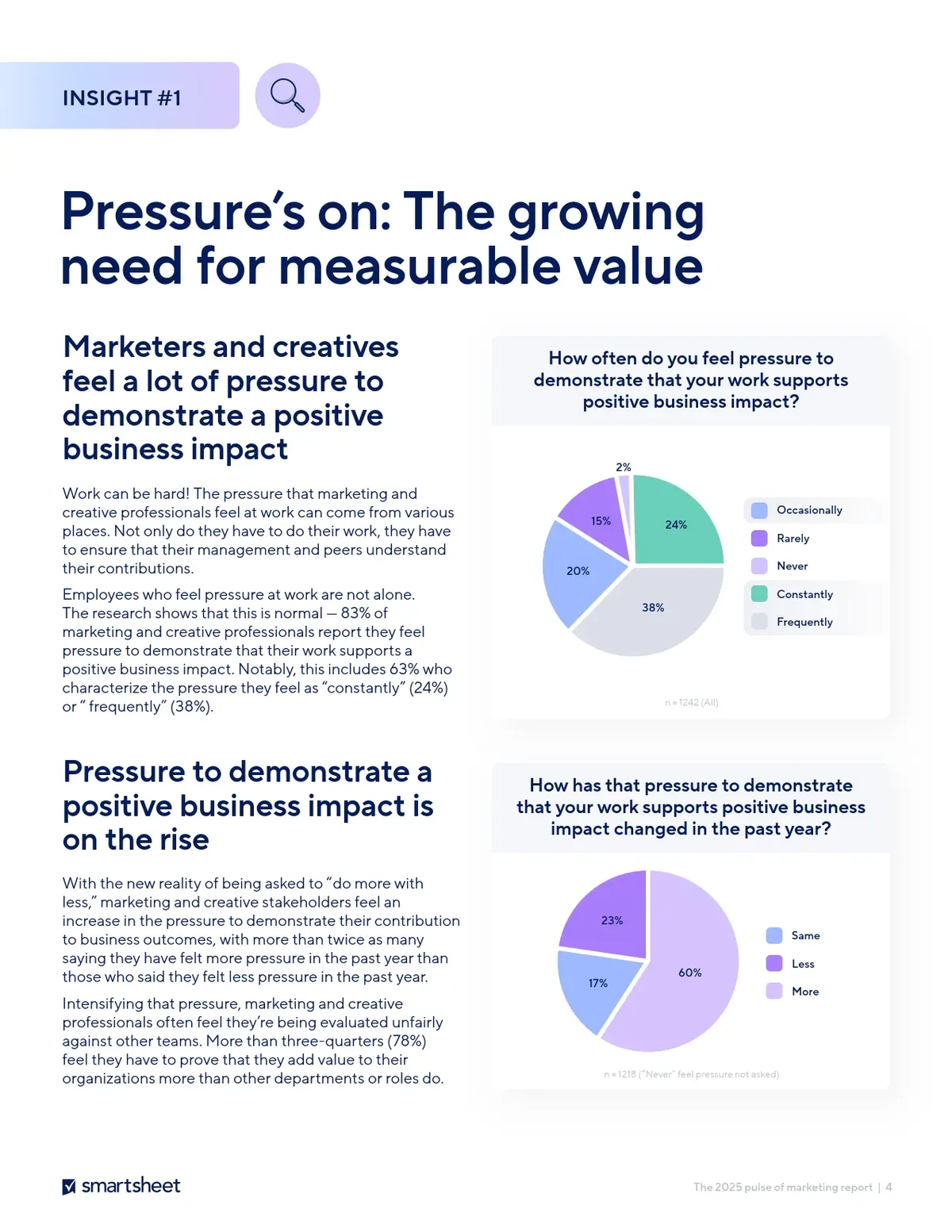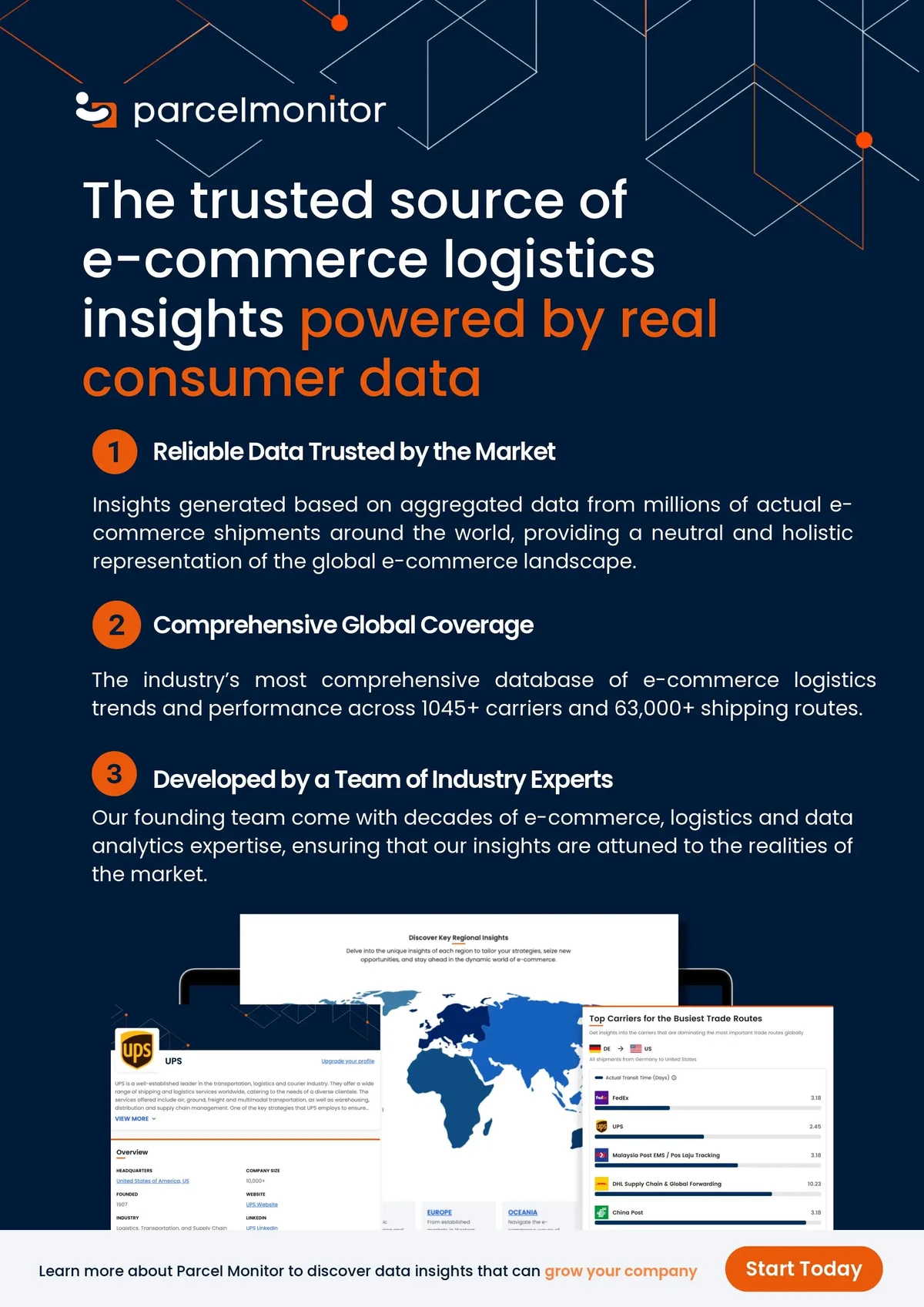


====================================================
Institutional investors play a significant role in the crypto space, especially when it comes to perpetual futures trading. To stay competitive in this fast-moving market, institutional traders are increasingly turning to APIs (Application Programming Interfaces) to automate their trading strategies, enhance risk management, and optimize their portfolios. This article explores the importance of APIs for institutional investors in perpetual futures, highlighting different strategies, the pros and cons of various approaches, and the best solutions available.
Table of Contents
Understanding Perpetual Futures and the Role of APIs
Why Institutional Investors Need APIs for Perpetual Futures
Strategies for Integrating APIs into Perpetual Futures Trading
- Automating Trading with APIs
- API for Real-Time Data Analysis and Risk Management
- Automating Trading with APIs
Choosing the Right API for Institutional Traders
- Top API Platforms for Perpetual Futures
- Evaluating API Security and Compliance
- Top API Platforms for Perpetual Futures
Best Practices for API Integration and Optimization
Challenges and Solutions in API Integration for Perpetual Futures
Frequently Asked Questions
Conclusion
Understanding Perpetual Futures and the Role of APIs
Perpetual futures are a type of derivative product in the cryptocurrency markets that allows traders to speculate on the price of an asset without an expiration date. Unlike traditional futures contracts, which have a fixed maturity date, perpetual futures offer continuous trading, making them highly attractive for institutional investors who need to execute large volumes of trades in a short time frame.
APIs are the backbone of modern trading infrastructure, allowing institutional investors to connect directly with exchanges, automate strategies, and optimize order execution. Through APIs, institutional traders can programmatically interact with markets, retrieve real-time data, and implement complex trading algorithms that would otherwise be impossible to manage manually.
The flexibility and speed offered by APIs are critical for institutional investors in perpetual futures markets. APIs not only enable automation but also ensure that transactions are executed with minimal latency, reducing slippage and improving overall trading efficiency.
| Section | Key Points |
|---|---|
| Perpetual Futures & APIs | No expiry contracts; APIs enable automation, low latency, data access |
| Why Institutions Need APIs | Automation, scalability, data-driven insights, risk & compliance |
| Automation Benefits | Speed, accuracy, 24⁄7 trading |
| Automation Process | Strategy design → API link → Backtesting |
| Data & Risk Benefits | Real-time monitoring, alerts, analytics |
| Data & Risk Process | Data pulling → Risk metrics → Auto adjustment |
| Top API Platforms | Binance (fast), Kraken (risk tools), FTX (advanced margin) |
| Security & Compliance | Encryption, 2FA, KYC/AML adherence |
| Best Practices | Respect limits, error handling, validate data |
| Challenges | Latency, downtime, data gaps |
| Solutions | Redundancy, monitoring, cross-validation |
| FAQ 1 | APIs boost automation, speed, scaling, risk control |
| FAQ 2 | Secure via encryption, 2FA, compliance, monitoring |
| FAQ 3 | Yes, APIs enable algorithmic trading |
| Conclusion | APIs essential for automation, data, risk, profits |
Institutional investors face unique challenges in perpetual futures trading, and APIs provide solutions that address many of these challenges. Below are some key reasons why institutional investors rely on APIs:
1. Automation and High-Frequency Trading
Institutional investors engage in high-frequency trading (HFT), where speed is paramount. With APIs, trades can be executed automatically based on predefined conditions, eliminating the need for manual intervention. This results in faster execution, reduced latency, and the ability to trade in real-time without delays.
2. Scalability and Customization
APIs allow for the scalability that institutional traders require. By integrating with internal systems, APIs can handle a large number of trades and provide real-time access to various crypto exchanges and liquidity pools. Additionally, APIs can be customized to support specific trading strategies and risk management requirements.
3. Data-Driven Decision Making
For institutional investors, access to real-time, high-quality data is crucial. APIs provide the ability to pull market data such as order books, trade volumes, and historical prices. This data is essential for developing sophisticated trading strategies, performing backtesting, and conducting real-time market analysis.
4. Risk Management and Compliance
Risk management is a critical concern for institutional investors. APIs help automate risk management processes by setting stop-loss orders, take-profit targets, and exposure limits. Moreover, APIs can integrate with compliance tools to ensure that trades comply with regulatory requirements, such as KYC (Know Your Customer) and AML (Anti-Money Laundering) protocols.
Strategies for Integrating APIs into Perpetual Futures Trading
Institutional investors can implement several API strategies to maximize their performance in the perpetual futures market. Below are two key strategies for API integration:
Automating Trading with APIs
Automated trading is one of the most powerful uses of APIs. With automated trading bots, institutional investors can execute trades based on predefined criteria without any human intervention.
Key Benefits:
- Speed: Automating trades ensures that decisions are executed faster than manual trading.
- Accuracy: Trades are executed based on data and algorithms, reducing human error.
- 24⁄7 Availability: Automated trading systems can function around the clock, taking advantage of market opportunities at any time.
How It Works:
- Algorithmic Strategy Development: Investors create algorithms based on market conditions (e.g., price action, technical indicators, or sentiment analysis).
- API Integration: The algorithm is connected to the trading platform’s API, allowing it to execute trades automatically when specific conditions are met.
- Backtesting: The algorithm is tested using historical data before being deployed to ensure it functions as expected.
API for Real-Time Data Analysis and Risk Management
Data analysis and risk management are crucial for institutional investors in the perpetual futures market. APIs allow investors to access real-time market data, enabling them to make informed decisions based on up-to-the-minute information.
Key Benefits:
- Real-Time Risk Monitoring: APIs can provide real-time updates on portfolio exposure, helping traders assess their risk and adjust positions accordingly.
- Custom Alerts: APIs can send alerts when certain thresholds are met, such as when a price reaches a predefined level or when margin calls are triggered.
- Market Analytics: APIs allow institutional investors to collect and analyze large amounts of market data, leading to more informed trading decisions.
How It Works:
- Data Pulling: APIs continuously pull real-time data from various exchanges and liquidity providers.
- Risk Metrics: The data is used to calculate risk metrics such as Value-at-Risk (VaR) and potential margin calls.
- Automated Risk Adjustment: When risk levels exceed predefined limits, the system automatically adjusts positions or triggers stop-loss orders.
Choosing the Right API for Institutional Traders
Selecting the right API is a critical decision for institutional investors. Below are some factors to consider when evaluating API solutions:
Top API Platforms for Perpetual Futures
When looking for APIs for perpetual futures, institutional investors should consider several leading platforms known for their reliability, performance, and security features.
- Binance API: Binance offers a robust API with low-latency trading and comprehensive support for perpetual futures.
- Kraken API: Kraken’s API allows for high-frequency trading and includes advanced risk management features.
- FTX API: FTX offers extensive API capabilities for both spot and perpetual futures trading, with advanced margin and order book functionality.
Evaluating API Security and Compliance
Given the large sums of capital involved in institutional trading, API security is paramount. Look for providers that offer:
- Encryption: Ensure that all data transmitted via the API is encrypted using strong protocols (e.g., HTTPS, TLS).
- Authentication: Use APIs that offer two-factor authentication (2FA) and API key management to ensure secure access.
- Compliance: Ensure that the API provider complies with regulatory standards such as KYC and AML regulations.
Best Practices for API Integration and Optimization
To ensure optimal performance, institutional investors should follow these best practices when integrating APIs into their perpetual futures trading systems:
- Rate Limiting: Respect API rate limits to avoid throttling and ensure smooth operation.
- Error Handling: Implement robust error-handling mechanisms to minimize disruptions during API failures.
- Data Integrity: Validate the accuracy and timeliness of the data being retrieved from APIs before making trading decisions.
Challenges and Solutions in API Integration for Perpetual Futures
While APIs offer numerous benefits, there are challenges in their integration. Common issues include latency, downtime, and data discrepancies. However, these challenges can be mitigated through:
- Redundancy: Use multiple API providers to ensure continuous data flow.
- Monitoring Tools: Implement real-time monitoring systems to detect API failures and delays.
- Data Validation: Cross-check data from multiple sources to ensure accuracy before making critical decisions.
Frequently Asked Questions
What are the key benefits of using an API for perpetual futures trading?
APIs allow institutional investors to automate trades, access real-time data, manage risk, and scale their operations efficiently. By integrating APIs, investors can execute high-frequency trades and optimize their trading strategies.
How do I secure my API for perpetual futures trading?
To secure your API, ensure that it uses strong encryption protocols, implement two-factor authentication, and adhere to compliance standards. Additionally, monitor API access regularly and limit exposure to only necessary endpoints.
Can APIs be used for algorithmic trading in perpetual futures?
Yes, APIs are ideal for algorithmic trading in perpetual futures. By using APIs, institutional investors can deploy automated strategies that react to market conditions faster than manual intervention would allow.
Conclusion
APIs are essential tools for institutional investors in perpetual futures trading. By leveraging the power of APIs, investors can automate trading, optimize risk management, and gain access to real-time data, all of which contribute to better decision-making and higher profitability. With the right API provider and strategy, institutional investors can position themselves for success in the fast-paced world of perpetual futures.
Feel free to share this article